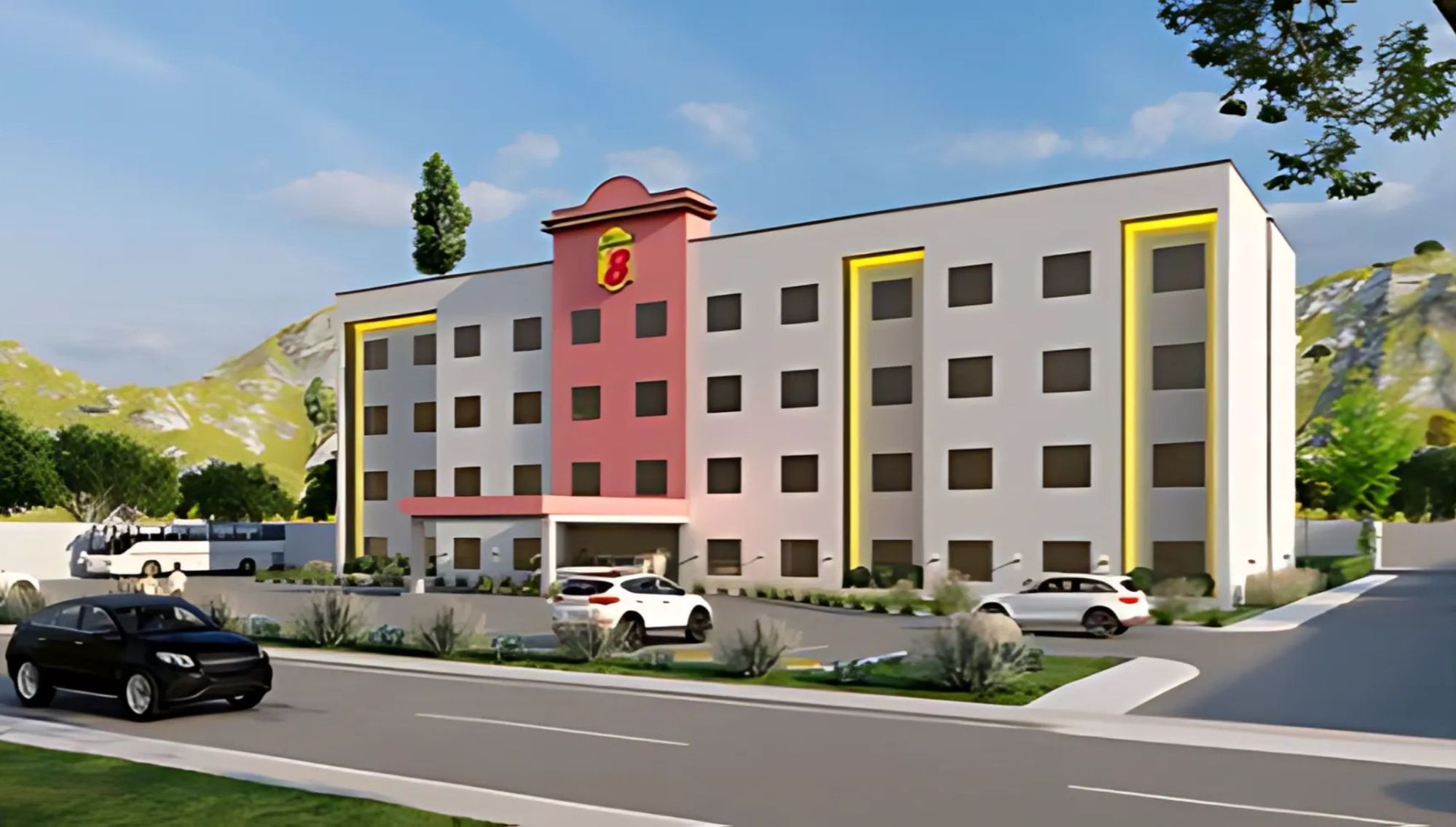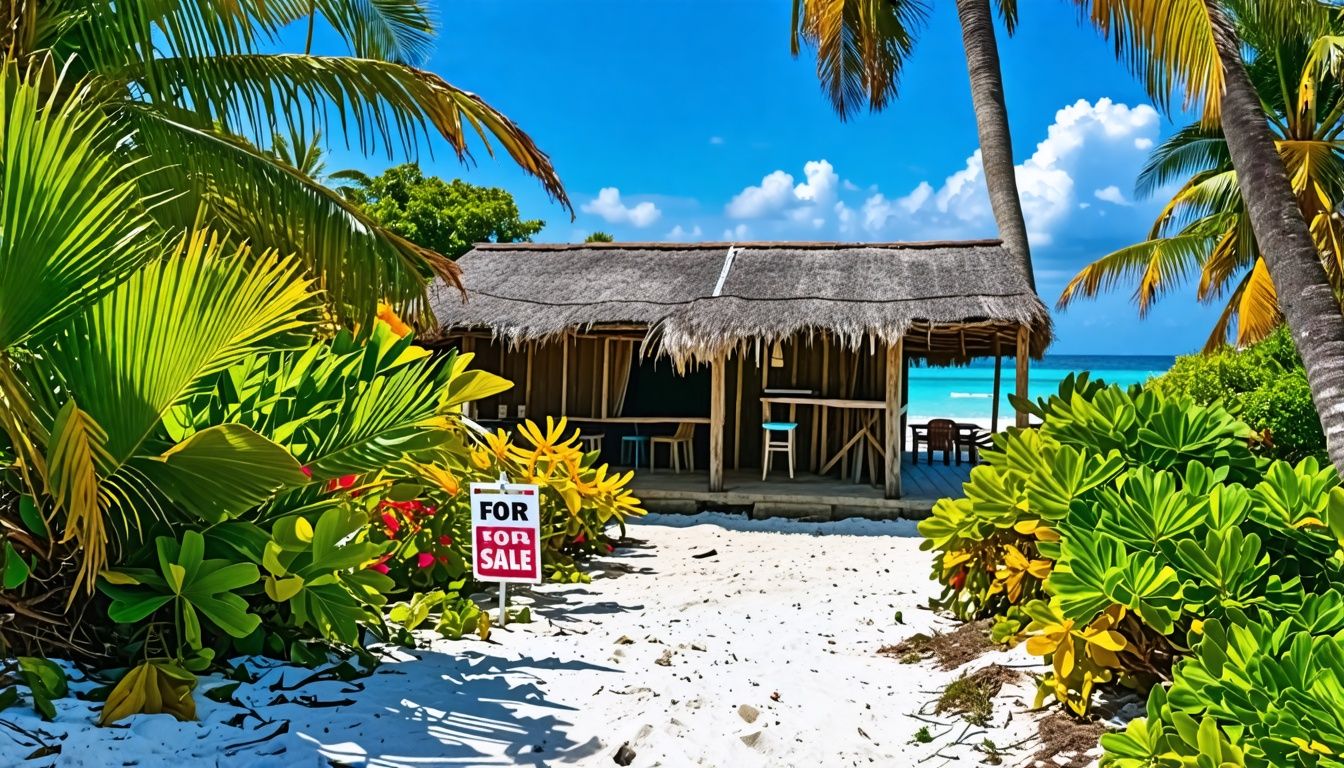THE AGENCY MAGAZINE
Your Mag to Real Estate and Everyday Life in the Dominican Republic
Thinking About Buying Property in Dominican Republic? Read This First!
Thinking about buying property in the Dominican Republic can be exciting but also confusing. Many people wonder if it’s a smart move or a risky gamble. Whether you are seeking vacation rentals, long-term investments, or simply yearning for tropical living, understanding the market is key.
Did you kn
Everything You Need to Know About Taxes and Fees in Real Estate In The Dominican Republic
Buying a house in the Dominican Republic comes with its own set of challenges. Did you know that property tax there is 1% per year on the cadastral value? This article will guide you through understanding taxes and fees on real estate to make your investment smoother.
Ready to learn more?
Key Takeaw
Understanding real estate tax implications in Dominican Republic
Real estate taxation in the Dominican Republic can be complex and multifaceted, involving various taxes, fees, and considerations. Understanding the implications of real estate taxes is crucial for investors and property owners to navigate the tax landscape effectively. This article explores key as
Your Real Estate Advisors
Phone:+1(809) 224-1017
Leave a Message
"We're here to help: share your details for customized Real Estate advice! "







